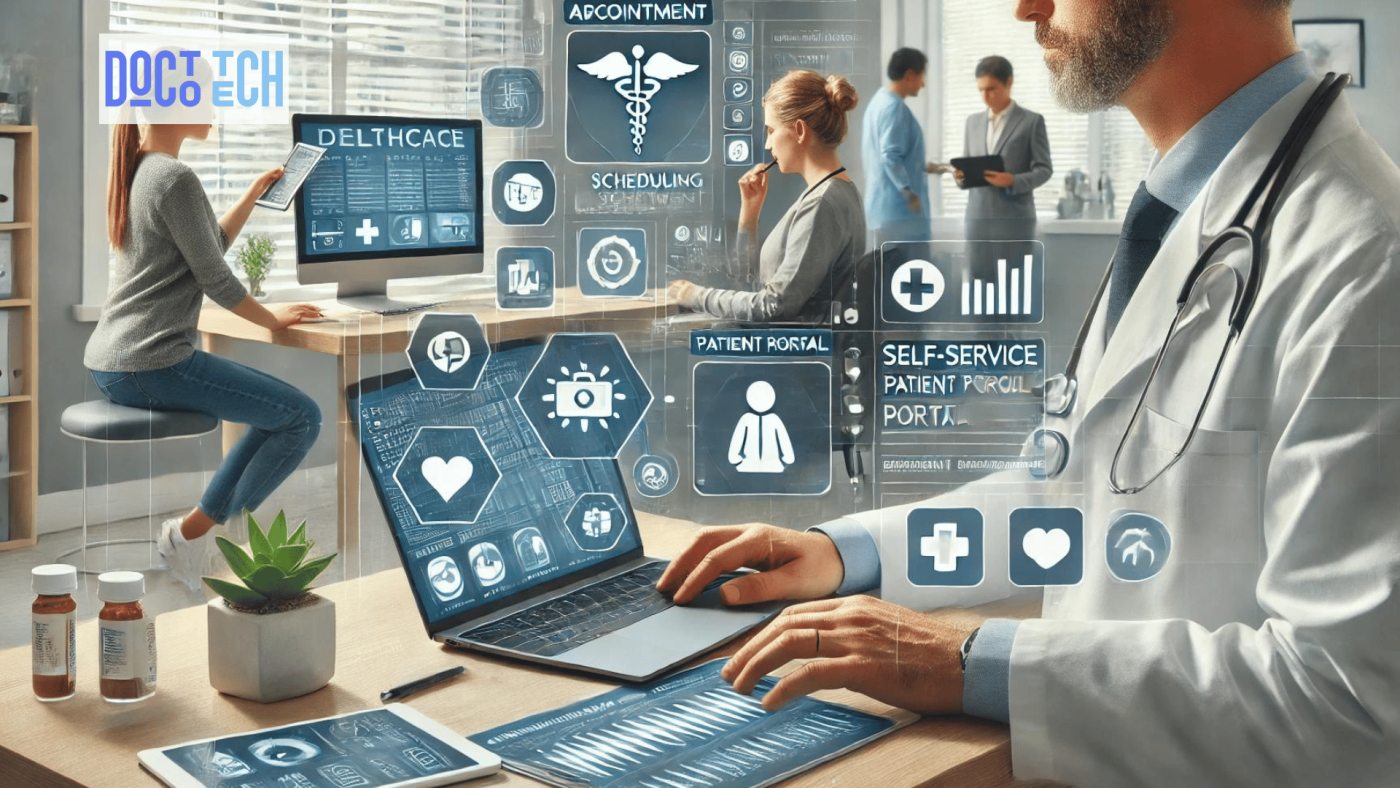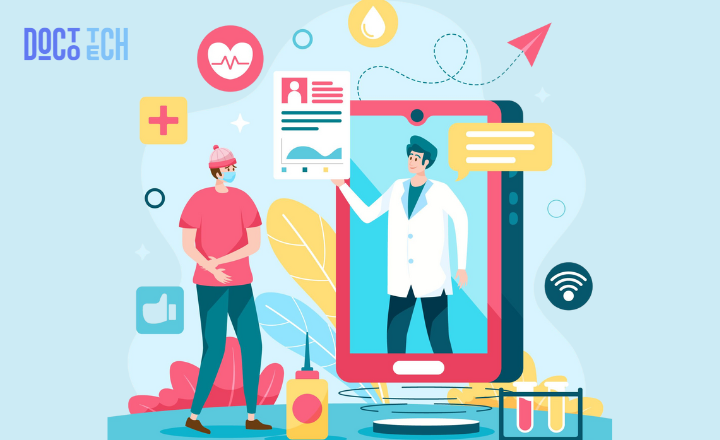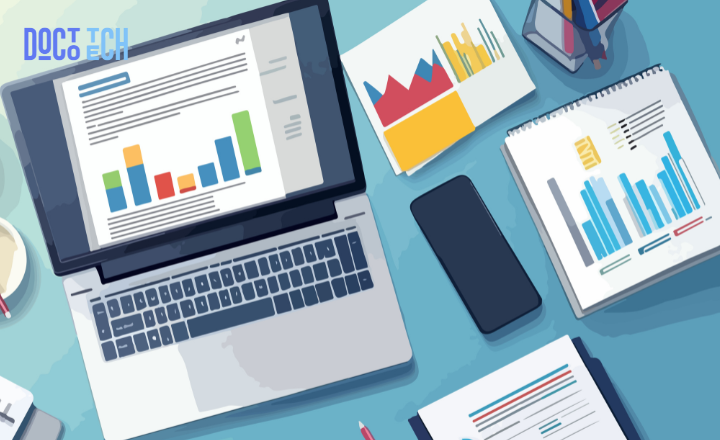Streamlining Practice Management with Healthcare Technology
Managing a healthcare practice is a complex task that requires efficient coordination between patient care, administrative tasks, and financial processes. With the advent of healthcare technology for practice management, clinics can now automate and streamline many of these processes, making operations smoother and more efficient. From scheduling software to online billing and patient portals, the right digital tools can help reduce administrative burdens and enhance the patient experience.
Let’s examine the technologies that can significantly improve practice efficiency and streamline operations.
1. Scheduling Software: Simplifying Appointment Management
Efficient appointment scheduling is critical to maintaining a well-run practice. Traditional scheduling methods—like manual bookings or over-the-phone appointments—can lead to miscommunication, double bookings, and wasted time. Modern scheduling software automates this process, reducing human error and improving the patient experience.
Key Features of Scheduling Software:
- Automated Reminders: Patients receive email or SMS reminders about upcoming appointments, reducing no-shows.
- Online Booking: Patients can book or reschedule appointments directly through the clinic’s website or mobile app at their convenience.
- Calendar Integration: Syncing with your calendar helps staff easily manage available slots and reduce scheduling conflicts.
By adopting scheduling software, clinics can manage appointment workflows more efficiently, free up staff time, and provide better service to patients.
2. Online Billing Systems: Streamlining Financial Processes
Handling billing and payments can be one of the most time-consuming aspects of running a healthcare practice. Inaccuracies in billing can lead to patient dissatisfaction and delayed payments. Online billing systems offer a solution by automating the payment process, allowing patients to view bills, make payments, and access payment history digitally.
Benefits of Online Billing:
- Faster Payments: Patients can pay directly through an online portal, speeding up the revenue cycle.
- Automated Invoicing: The system automatically generates and sends invoices, reducing manual administrative tasks.
- Insurance Integration: Online billing systems often integrate with insurance providers, simplifying claims processing.
With online billing, practices can minimize paperwork, improve cash flow, and provide patients with a more convenient way to manage their healthcare expenses.
3. Patient Portals: Enhancing Patient Engagement and Self-Service
Patient portals are becoming an essential tool for improving communication between healthcare providers and patients. Through a patient portal, patients can access their health records, schedule appointments, communicate with healthcare staff, and even pay bills—all in one place. This not only enhances patient engagement but also reduces the number of phone calls and administrative work for staff.
Advantages of Patient Portals:
- Access to Medical Records: Patients can view test results, medical histories, and prescriptions without needing to call the clinic.
- Appointment Management: Patients can book or cancel appointments and check availability at their convenience.
- Secure Messaging: Secure communication between patients and providers can help address minor concerns without the need for an in-person visit.
Patient portals empower patients to take control of their healthcare, improving satisfaction while streamlining the administrative workload for clinics.
How Healthcare Technology Benefits Practice Management
By integrating healthcare technology for practice management, clinics can experience several benefits:
- Increased Efficiency: Automating tasks like appointment scheduling, billing, and record keeping frees up staff to focus on patient care.
- Improved Patient Satisfaction: Digital tools like patient portals and online payments give patients more control over their healthcare experience, leading to better satisfaction and retention.
- Reduced Administrative Costs: Less manual processing and paperwork means fewer resources are spent on administrative tasks.
- Better Compliance and Data Security: Electronic records and digital billing systems help ensure compliance with regulatory standards, such as HIPAA, and improve data security.
Conclusion: Leverage Healthcare Technology for a Streamlined Practice
The integration of healthcare technology for practice management is a game-changer for clinics and healthcare providers. By adopting scheduling software, online billing systems, and patient portals, practices can improve operational efficiency, reduce administrative burdens, and enhance patient care.
DoctoTech specializes in providing digital solutions tailored to the needs of healthcare providers. Our tools streamline practice management, improve patient engagement, and help healthcare practices thrive in a digital age.














